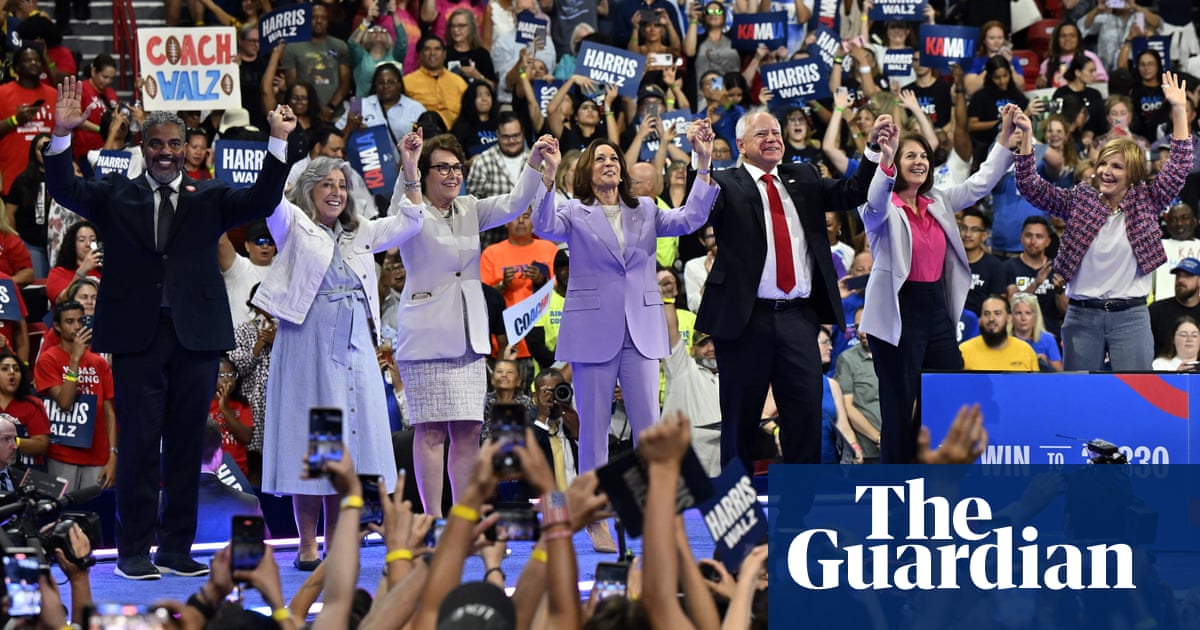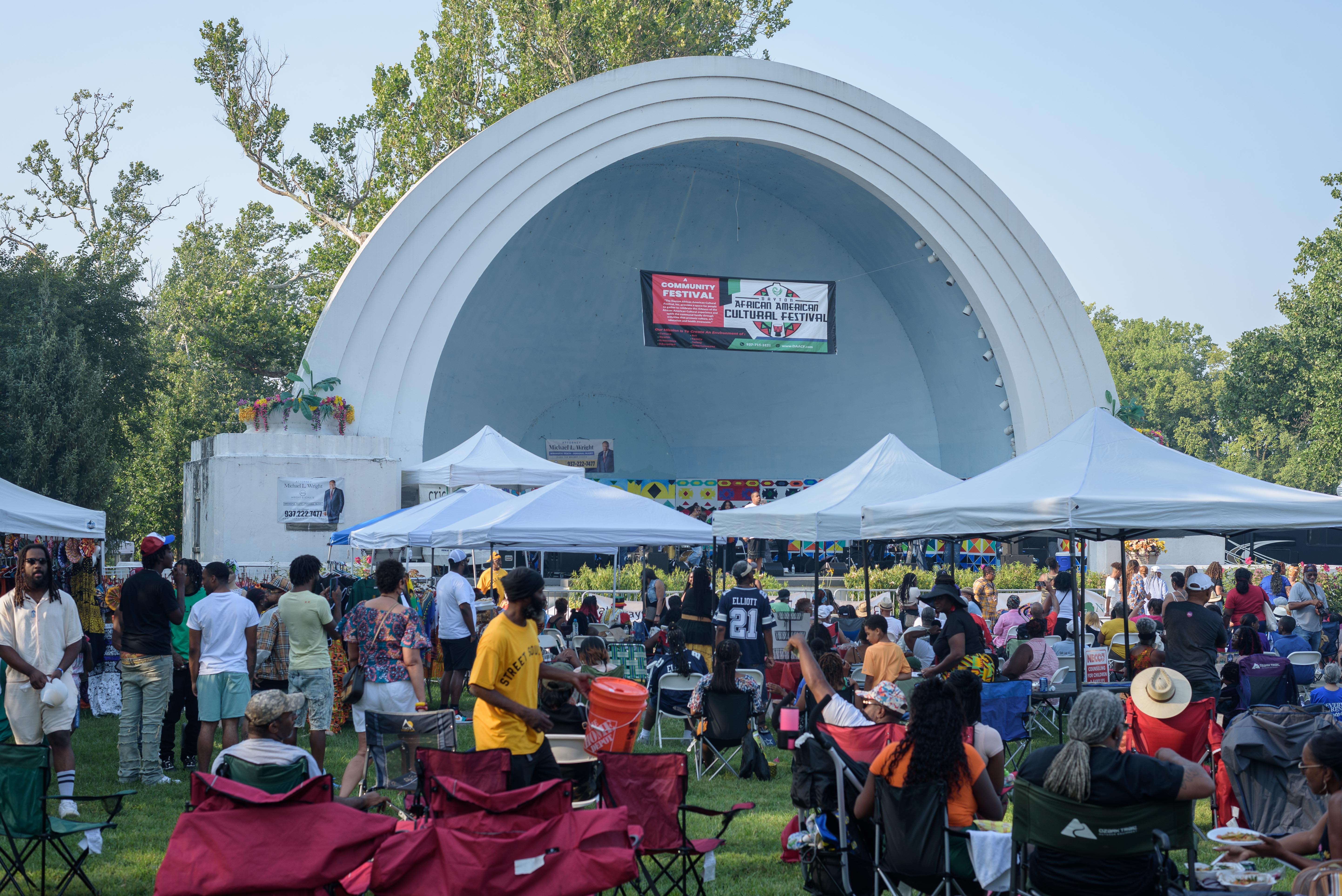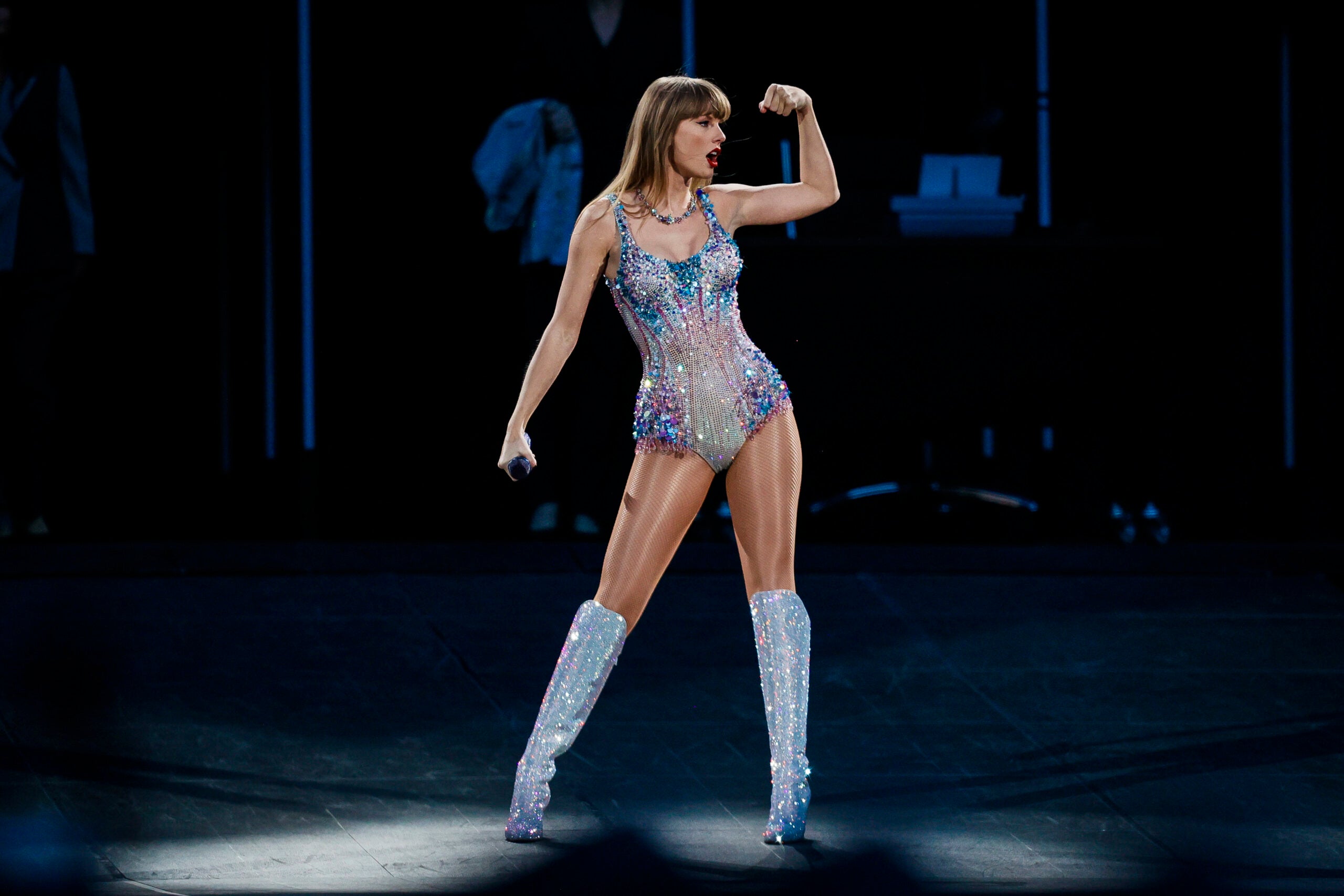- BlackVoter.Org
- Posts
- BLACKVOTER #119
BLACKVOTER #119
Empowering Awareness: Stay Grounded With Blackvoter.org Newsletter!Empowering voices, driving change. 🗳️ Advocate for justice, equity, and representation at BlackVoter.org. Join us as we harness the power of the ballot to shape a future that reflects our values and aspirations. #BlackVoter #EmpowerChange Publish Time

In this article, readers share their opinions on a variety of topics, including voters' choices, early American cities, and New York climate laws. One reader reflects on the importance of voting and how it has changed over the years, expressing sadness that voters often have to choose between the lesser of two evils rather than the best candidate.
Another reader defends the journalistic standards of major broadcast news networks, arguing that they take allegations seriously and prioritize journalistic integrity. Additionally, readers discuss the founding dates of American cities, with one reader pointing out that New York is not actually the oldest city in America.
Finally, there is a discussion about the recent climate legislation in New York and the need for the governor to sign the act into law.

The Inflation Reduction Act (IRA), a crucial piece of climate legislation, has been successful in driving investment in key technologies, contrary to recent headlines that suggest otherwise. Recent reports indicate that 40 percent of major manufacturing projects funded by the IRA have experienced delays, prompting questions about whether the act can deliver economic returns and jobs.
However, the other side of the story is that 60 percent of projects are progressing as planned. Manufacturing projects often encounter obstacles from site selection to finding workers, while rising interest rates and uncertainties around tax incentives can also affect progress.
Additionally, the IRA focuses on creating globally competitive green sectors rather than reducing emissions economy-wide. Despite its successes, the IRA faces challenges in gaining broader public support and meeting the comprehensive changes necessary for decarbonization.
The future of the IRA will be determined by the outcome of the upcoming election.

Though the Democratic party has traditionally enjoyed strong support from Latino voters, Vice President Kamala Harris may face a challenge in winning over this demographic. While Latinos historically vote Democratic, the party's advantage has been shrinking in recent years.
In 2016, Hillary Clinton won 81% of the Latino vote compared to Donald Trump's 16%. However, in the 2020 election, Trump increased his share to 25%.
While some progressive Democrats have condemned Harris for her stern message to potential Latin American immigrants in 2021, she has received endorsements from prominent Latino politicians and trade unionists. However, it remains unclear whether Latino voters will fully support Harris in her bid to defeat Trump.
Latino voters are a diverse group with diverse political views and priorities. Furthermore, Harris has not yet received significant financial support from Latinos.
Recent polls show mixed opinions of Harris among Latino voters, but she has received favorable ratings in Arizona and Nevada, two swing states with large Latino populations. However, Harris may face challenges in appealing to Latinos on pocketbook issues like inflation and housing affordability.

Looking for something fun to do this weekend? Look no further than the Dayton African American Cultural Festival at RiverScape MetroPark. This exciting event celebrates African American culture with a variety of activities and experiences that are sure to entertain and educate.
From music and art to food and crafts, there's something for everyone at this festival. This year, the event will feature multiple pavilions, each with its own unique theme.
Explore the health pavilion for screenings and resources on diseases that impact the black community, or visit the resource pavilion to find job opportunities. Don't miss the traditional African village, where you can learn about lost African traditions and history.
And of course, there will be plenty of live performances on the main stage throughout the weekend. So grab your friends and family, and head on over to the Dayton African American Cultural Festival for a weekend full of fun and cultural enrichment.

The Democratic party's vice-presidential nominee, Kamala Harris, may struggle to win over disenchanted Latino voters in the upcoming US elections, according to The Guardian. Historically, Latinos have been one of the Democratic party's most reliable sources of votes but Clinton's 2016 loss and Trump's ability to increase his share of the Latino vote has demonstrated a shift.
Harris' selection may not be enough to bring the Latino vote back into the fold. Bloomberg cites concerns over Harris's handling of immigration, and her lack of support during the 2020 Democratic primary.
Additionally, the Latino vote is not monolithic and spans a variety of national origins and immigration histories, making the bloc a diverse and difficult one to woo.

A new study by Harvard University suggests that celebrities could have a significant impact on election outcomes and civic engagement. The study analyzed the influence of celebrities like Taylor Swift, Trevor Noah, Kerry Washington, and Questlove on voter participation.
It found that when celebrities use their platforms to encourage people to vote, it not only increases voter turnout but also strengthens their own brand. For example, when Taylor Swift shared an Instagram story asking her fans to register at vote.
org, 250,000 new voters registered within 72 hours. Similarly, YouTuber David Dobrik offered a free Tesla to 5 lucky followers who checked their voter registration status, resulting in more than 125,000 people registering to vote.
The study's findings come at a time when politicians are increasingly using celebrities to rally support.

Four years after the unrest in Kenosha, voters in the city are expressing their feelings about the upcoming 2024 election. The city became a flashpoint in the debate about policing and racial justice in 2020, following the shooting of Jacob Blake by a white police officer.
Both Joe Biden and Donald Trump visited Kenosha during their campaigns, with Biden calling for systemic change and Trump advocating for "law and order". In the 2020 election, the majority-Black and Latino City of Kenosha voted for Biden, while the whiter and more suburban/rural Kenosha County voted for Trump.
As the 2024 election approaches, voters in Kenosha are considering issues such as crime, policing, the economy, and racial justice. Some are excited about Democratic candidate Kamala Harris' historic candidacy as the first African American woman in the White House, while others still support Trump's law-and-order message.
The city remains politically divided along urban/rural and racial lines.
Black women will take center stage at this year's Democratic National Convention (DNC). For decades, Black women have played crucial roles in Democratic politics, often working behind the scenes to strategize and mobilize voters of color.
However, this year, Black women will be in more prominent leadership positions, bringing a fresh kind of energy to the convention. The historic nomination of Kamala Harris as the Democratic Party's vice presidential candidate has increased interest in the convention, and her presence has paved the way for other diverse voices to be heard.
The convention will feature more speakers from marginalized communities and honor civil rights veterans, as well as highlighting the work of Black women in politics. By putting Black women in leadership roles, the convention hopes to energize a wide range of voters and demonstrate the party's commitment to diversity and inclusion.

In this engaging article, Raoul L. Contreras criticizes Donald Trump and his supporters for claiming that the presidential election is being stolen.
Contreras highlights the false claims made by Trump and his propagandist Dinesh D’Souza, who has a history of lying. Contreras points out that Trump has been claiming the election was stolen long before election day and suggests that he is using this narrative to undermine the results if he loses.
The article also mentions various tactics used by Trump supporters, such as spreading fake photos and videos to create the appearance that Vice-President Harris is unpopular. Contreras concludes by questioning Trump's honesty and integrity based on his past business failures and dishonest practices.
Republican operatives employed by Blair Group Consulting have been helping liberal activist Cornel West collect signatures to get his name on the Wisconsin ballot as an independent presidential candidate. This move shows how allies of Republican nominee Donald Trump have been supporting third-party candidates in order to boost Trump's chances in battleground states.
West's involvement in the race may be enough to swing results in states with narrow margins. West's campaign, called "Justice for All," has so far been certified to appear on the ballot in eight states, including North Carolina.
However, it is suffering from limited operations, showing just $24,520 in the bank to spend at the end of June.

The Delta Sigma Theta Sorority Tallahassee Alumnae Chapter is making efforts to increase black voter turnout in Tallahassee, Florida. Black community leaders and advocates are using their platforms to encourage people to vote, emphasizing that if they don't show up, they don't matter.
African American voter turnout in 2020 was lower than that of registered white voters in the county, with only about 7 out of 10 registered African Americans turning out to vote. To address this issue, a dinner and awards ceremony called "Give Us the Ballot" was held at the Donald L.
Tucker Civic Center, with speakers emphasizing the importance of black voter turnout. The Delta Sigma Theta Sorority Tallahassee Alumnae Chapter is going door-to-door in low voter turnout precincts to register more voters and educate the community about the importance of participating in elections.
All of these efforts are aimed at shaping the future of America through educated and engaged voters.

The recent shooting at a Donald Trump rally in Pennsylvania is a stark reminder of the violent rhetoric that has come to permeate US politics. The gun that fired those shots has been primed for years, fueled by divisive language and a culture of aggression.
Trump himself, rather than engaging in self-reflection, has emerged as a martyr, thanking his supporters for their thoughts and prayers. The imagery of the shooting, particularly the iconic photo of Trump being hustled off stage with the flag behind him, will be used by his supporters to rally around him in the upcoming election.
Democrats, meanwhile, have suspended their campaign attacks, allowing the pro-Trump camp to dominate the conversation. However, the blame for this dangerous rhetoric cannot be placed solely on Trump's shoulders.
It is a result of a broader trend in US politics, where politicians stoke tension for their own gain. Trump may be the lightning rod, but he is a product of a deeply divided and violent political climate.

In this article, the author argues that the explosion of great wealth at the top has directly led to the collapse of the American middle class and the weakening of American democracy. They reminisce about a time in the 1950s and 1960s when income tax rates on the wealthy were much higher, leading to a more equal society with a strong middle class.
However, since the Reagan era, tax cuts for the rich have resulted in a concentration of wealth among the already wealthy, a decline in the middle class, and a lack of government revenue for essential programs. The author suggests that raising taxes on corporations and the extremely rich is necessary to prevent further concentration of wealth, encourage democracy, and fund important initiatives.
They call for overturning Citizens United, reinstating campaign contribution limits, and raising income taxes to reduce the influence of the super-rich and corporations on American society.

The debate over noncitizen voting in the United States is intensifying, as more than a dozen jurisdictions run by Democrats allow noncitizens to vote in local elections. This is causing concern among Republicans who fear that granting noncitizens the right to vote in all elections could undermine election integrity.
There have been numerous cases of noncitizens being discovered on voter rolls, with some having already voted. Republicans argue that these cases reveal weaknesses in the voter registration process that make elections vulnerable to ineligible voters.
Democrats, on the other hand, claim that noncitizen voting is not a significant issue and that existing laws are sufficient to prevent it. This issue is likely to continue to be a point of contention between Republicans and Democrats, with both sides presenting their own research to support their claims.